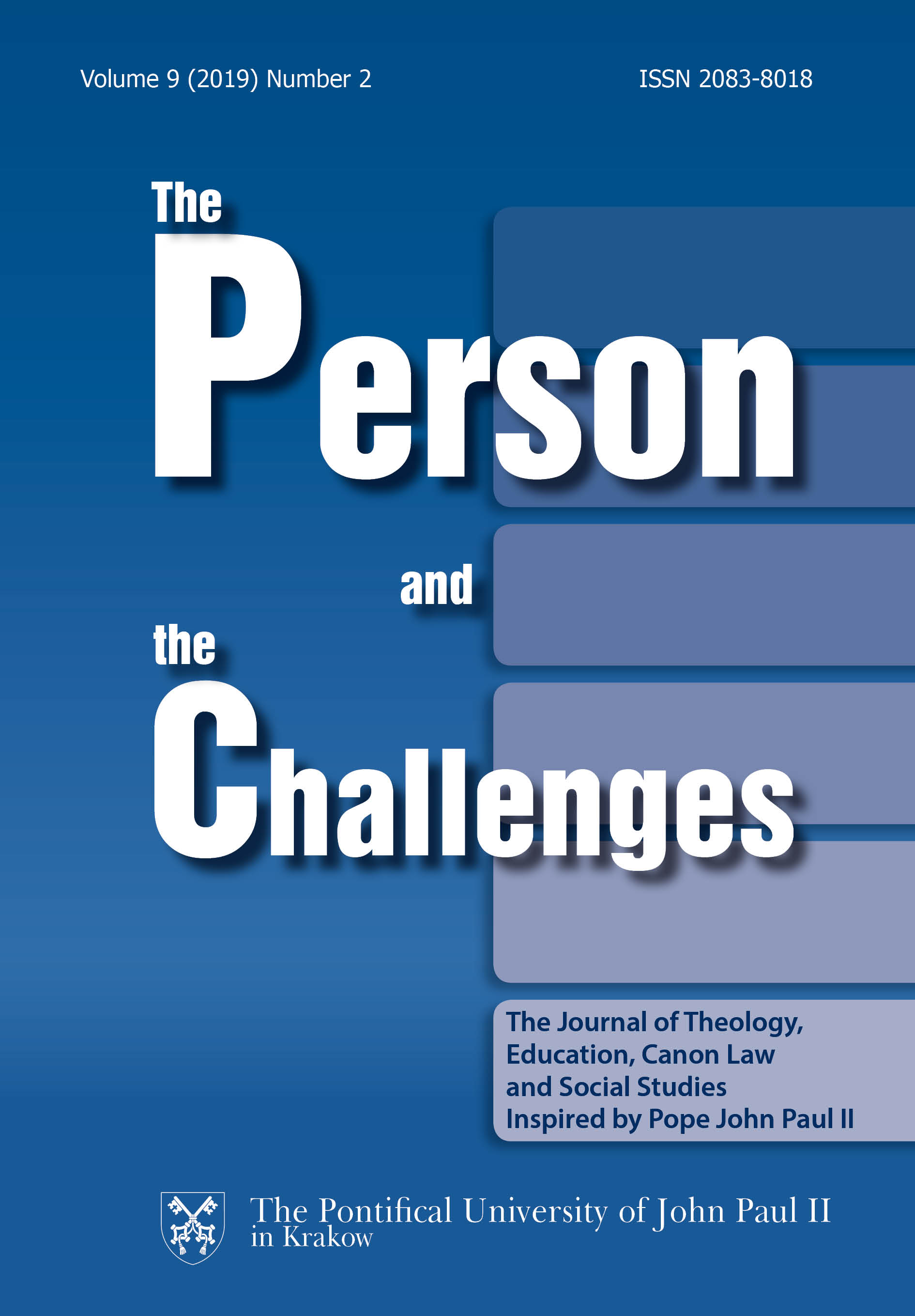The Impact of Early Aggression on Late Development
DOI:
https://doi.org/10.15633/pch.3457Słowa kluczowe:
Affective dynamic, child and adolescent development, transmission of violence to adulthood, effects of violence in adulthoodAbstrakt
Children who are victims of an early violent atmosphere or early relational trauma will often, even in adulthood, tend to behave violently towards others, or become victims of violence, or freeze and later develop the tendency towards self-injury, in particular in later adolescence. In adulthood, they can be accident-prone, engage in constant violent physical abuse, threaten with or actually commit suicide. In this article we will focus on the impact of violence that children experience from the earliest age, on how it affects their development, and is transmitted to adulthood as well as to younger generations, since violence is imprinted in the deepest organic fibres of every individual.
Bibliografia
Briere J. N., C. Scott, Principles of Trauma Therapy: A Guide to Symptoms, Evaluation, and Treatment (DSM-5 Update), Los Angeles, CA, 2015, Sage Publications.
Dutton D. G., The Abusive Personality: Violence and Control in Intimate Relationships, New York 2007, The Guilford Press.
Frewen P., R. Lanius, Healing the traumatized self: Consciousness, neuroscience, and treatment, New York 2015, W. W. Norton & Company, p. 193–197.
Policastro C., M. A. Finn, Coercive control and physical violence in older adults: Analysis using data from the National Elder Mistreatment Study, “Journal of interpersonal violence” 32.3 (2017), p. 311–330.
Rothschild B., The body remembers, Volume 2: Revolutionizing trauma treatment, New York 2017, W. W. Norton & Company.
Schmelzer G. L., Journey through trauma: A trail guide to the 5–phase cycle of healing repeated trauma, New York 2018, Avery Publishing Group.
Schore A., Affect regulation and the origin of the self: The neurobiology of emotional development, New York 2016, Taylor & Frances/Routledge.
Steele K., S. Boon, O. van der Hart, Treating Trauma-Related Dissociation: A Practical, Integrative Approach, New York 2016, W. W. Norton & Company.
Temple J. R. et al., Childhood Corporal Punishment and Future Perpetration of Physical Dating Violence, “The Journal of Pediatrics”, 194 (2018), p. 233–237.
Pobrania
Opublikowane
Numer
Dział
Licencja
Prawa autorskie (c) 2019 Christian Gostečnik, Robert Cvetek, Tanja Pate, Saša Poljak Lukek, Barbara Simonič, Tanja Valenta, Tanja Repič Slavič

Utwór dostępny jest na licencji Creative Commons Uznanie autorstwa 4.0 Międzynarodowe.
Autorzy publikujący w czasopiśmie udzielają jego wydawcy zgody o następującej treści:
- Autor zachowuje autorskie prawa majątkowe do utworu, a jednocześnie udziela wydawcy czasopisma zgody na jego pierwszą publikację w wersji drukowanej i wersji online na licencji Creative Commons Uznanie autorstwa 4.0 Międzynarodowe oraz zgody na wykonywanie opracowań, w tym przekładów.
- Autor ma możliwość udzielania zgody niewyłącznej na opublikowanie utworu w wersji, która ukazała się w czasopiśmie (np. zamieszczenia go w repozytorium instytucjonalnym lub opublikowania w książce), wraz z informacją o jego pierwszej publikacji w czasopiśmie.
- Autor może umieścić swój utwór online (np. w repozytorium instytucjonalnym lub na swojej stronie internetowej) jeszcze przed zgłoszeniem utworu do czasopisma.

